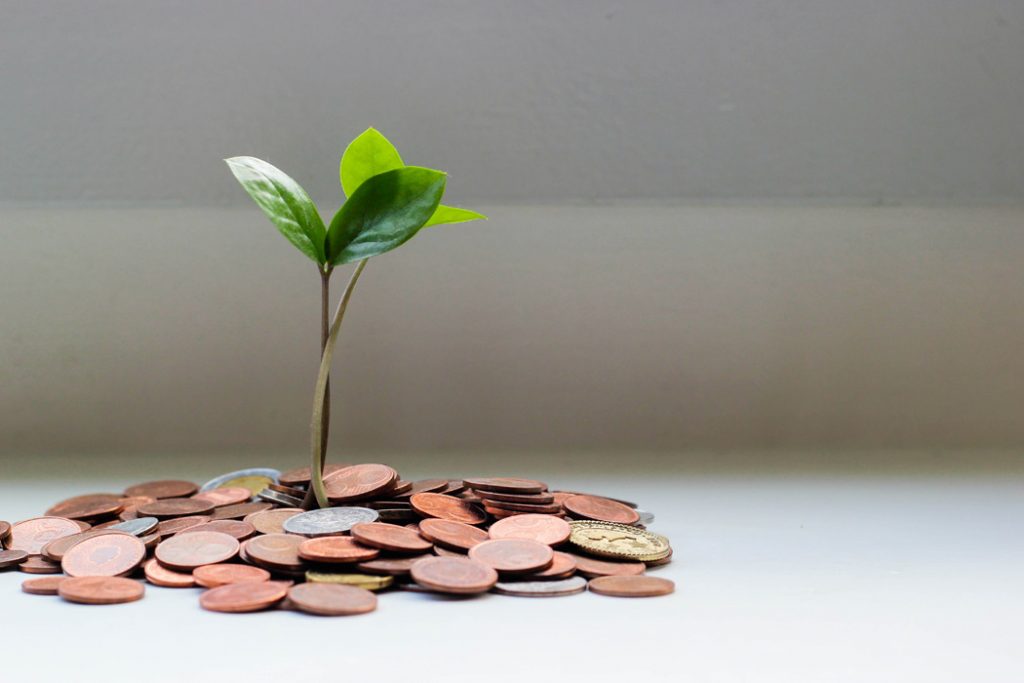
Wow, do we have a lot to talk about. I usually like to begin with a story to grab your interest, but how do I tell one story about so many big things? I don’t know, so let’s just dive right in.
- Expansion
The economy is in the early stages of expansion. Every recession, recovery, and subsequent expansion are different, so no one really knows how long the current recovery will take or how long the economy will expand after we have fully recovered—or even if we will fully recover. But it’s extraordinarily likely that we will fully recover—and also that we will keep expanding for years to come.
- American Rescue Plan Act
The American Rescue Plan Act will pump $1.9 trillion into the economy. Will that create inflation? No one knows for sure, but if it does, it’s unlikely to be a lot. Some analysts are predicting big inflation like we had in the 1970s, when inflation ran into the low double digits.
But that’s hard to do. In the 1970s we had a faster growing population, a war generating a lot of government spending, OPEC increasing the price of oil from below $1 per barrel to $40 overnight, and increased spending from Johnson’s War on Poverty—all at once!
Today we have an economy that is struggling to recover from the pandemic, an aging population with zero population growth in 2020, and a lot of new government spending on its way. That last item certainly may elevate inflation, but we’re talking maybe 2.5 to 3 percent, up from the current 1.7 percent annual inflation rate. It’s hard to call 3 percent inflation big, even if that’s a larger number than we’ve seen for many years. And this spending package is a one-time shot to the economy. Any inflationary effect is likely to subside. Inflation mostly happens when there is more demand for goods and services than the economy can produce. But older people don’t buy as much stuff as younger people. It’s hard to inflate an economy full of older people.
- The Pandemic
The pandemic will almost certainly end this year. We are starting to rebuild our lives and people are slowing going back to work in offices. Restaurants are gradually getting busier. Airplanes are getting filled and the number of flights is increasing. People are shopping in stores. Hotels are showing increased occupancy, and cruise ships are making plans to sail again.
President Biden says that by the end of May, everyone who wants a vaccine will be able to get one. Still, there are many problems to solve. What do we do about the refuseniks, those who for various reasons refuse to get a vaccine? Will airlines prohibit them from boarding planes? Will companies require their employees to be vaccinated in order to work in their buildings?
What do we do about the mutations? I’ve heard we may need to get a booster shot every year for immunity from the latest mutations. Eventually, I expect COVID-19 to be similar to the seasonal flu. It will kill some, but for most it will be nothing more than a nuisance that may require missing a few days of work.
- China
I don’t understand why China is still considered to be a developing economy. They clearly don’t think of themselves that way. The major cities of China are among the most advanced in the world. China’s eastern seaboard is not only one of the most densely populated regions in the world, it’s now one of the wealthiest.
The Trump administration was right about the lack of fairness in our trade relations with China. But I can’t think of a single success from that administration’s blunt approach. In the meantime, China’s far greater success in dealing with COVID means that the differences between the #1 economy in the world and the #2 have now become very small. China is becoming a mature economy, meaning that its growth rate can be expected to slow, but it is still likely to grow faster than the U.S. No matter what happens with creating fairer trade practices, expect China to continue to be more important economically and politically around the globe.
- In Conclusion
We are much better off today than we were in April 2020. I expect us to be even better off by the end of this year, and again by the end of the next several years. We are winning against the virus and we’ll continue to improve. We will never solve all the problems in front of us, but who does? Life is not perfect. There are no perfect nations. But I believe that as investors, we will be better served for the next few years if we pay more attention to what is going right than what is going wrong.
Hal Masover is a Chartered Retirement Planning Counselor and a registered representative. His firm, Investment Insights, Inc is at 508 N 2nd Street, Suite 203, Fairfield, IA 52556. Securities offered through, Cambridge Investment Research, Inc, a Broker/Dealer, Member FINRA/SIPC. Investment Advisor Representative, Cambridge Investment Research Advisors, Inc., a Registered Investment Advisor. Investment Insights, Inc & Cambridge are not affiliated. Comments and questions can be sent to hal.masover@emailsri .com. These are the opinions of Hal Masover and not necessarily those of Cambridge, are for informational purposes only, and should not be construed or acted upon as individualized investment advice. Investing involves risk. Depending on the types of investments, there may be varying degrees of risk. Investors should be prepared to bear loss, including total loss of principal. Past performance is no guarantee of future results.
Indices mentioned are unmanaged and cannot be invested in directly.
